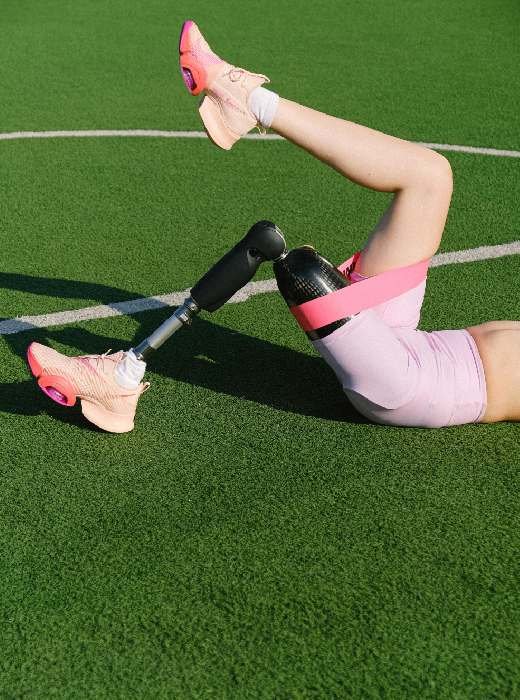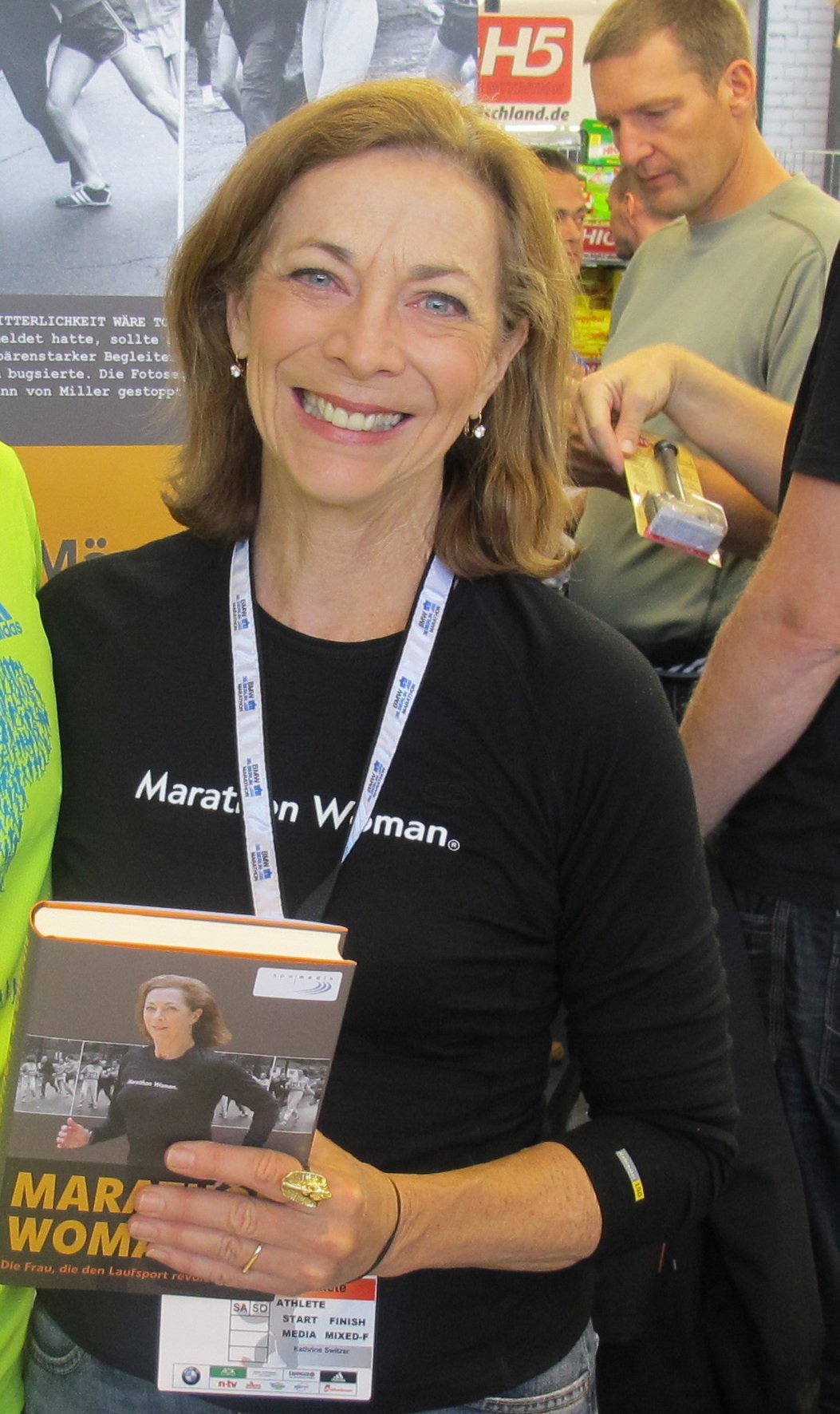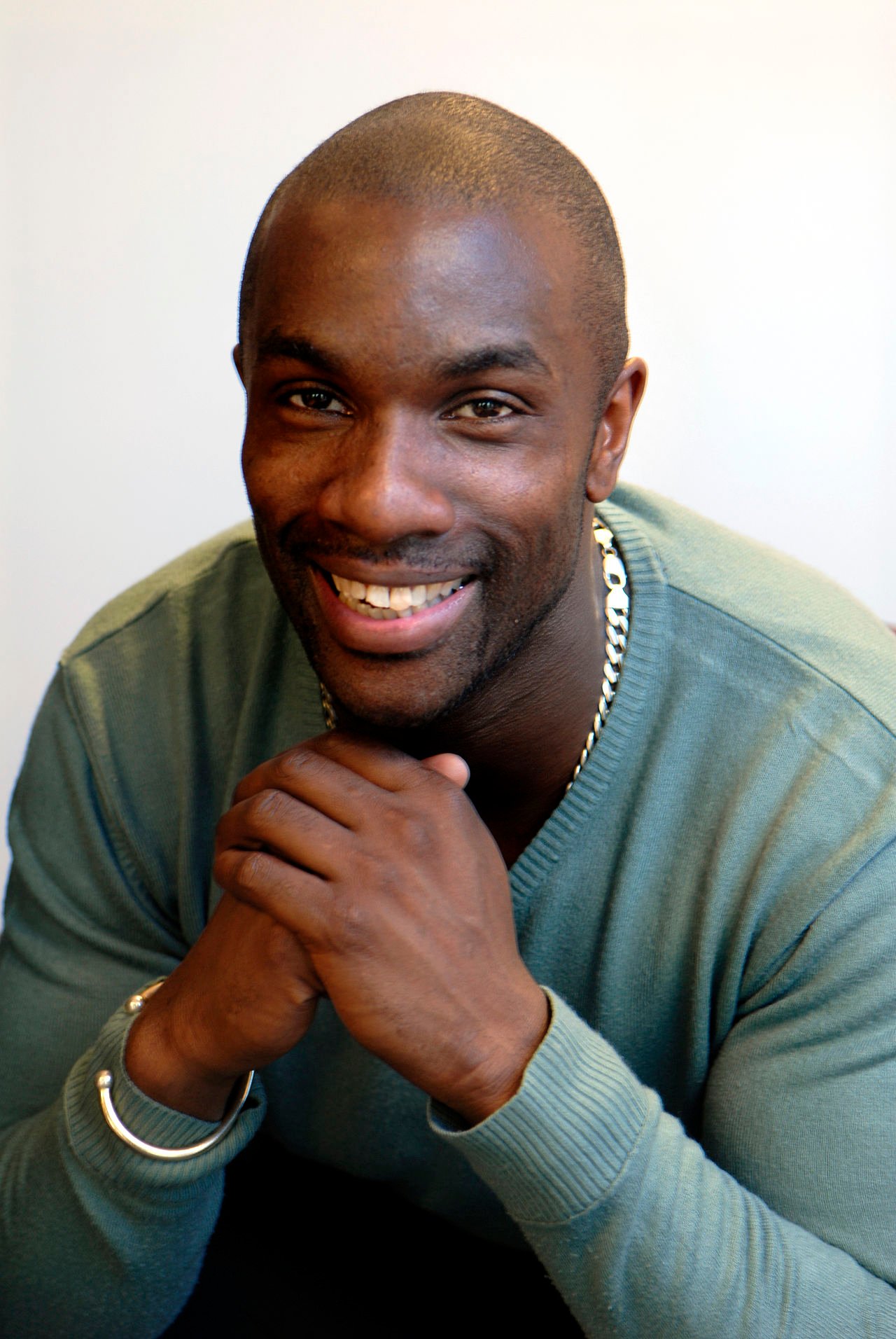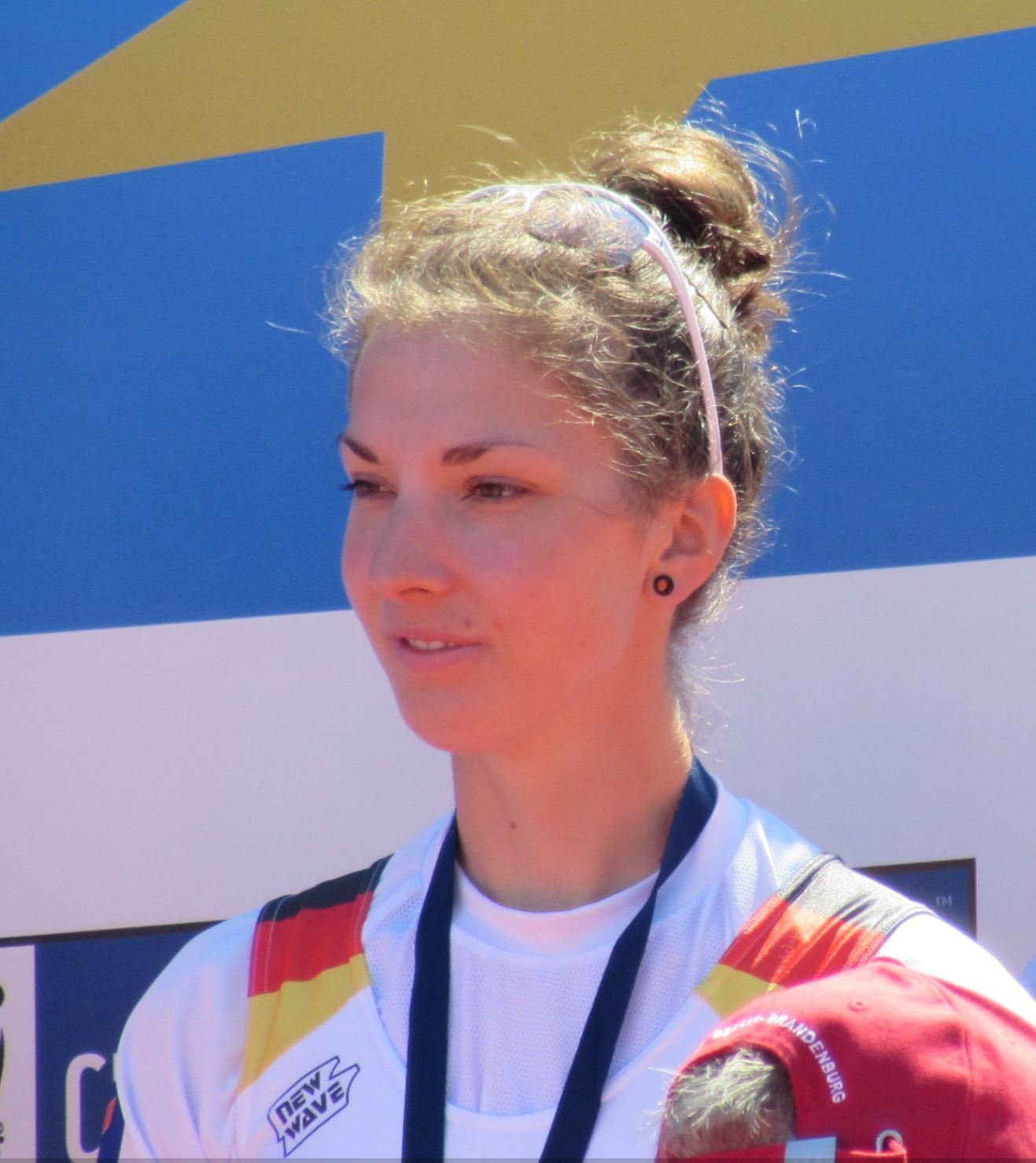The gentle waves of Spring Lake, Michigan, shimmer gold in the late afternoon sun as families squeeze the last drops of joy from summer’s end. For 16-year-old Lexi Youngberg, September 5, 2009, began as just another carefree day at her family’s cottage—a final weekend before the rhythms of school would replace the freedom of summer days. No one could have predicted how the placid waters that had always meant happiness would, in an instant, become the site of a life-altering tragedy.
Lexi Youngberg: The Day Everything Changed
As dusk approached, Lexi was riding an 18-foot Sea-Doo with her 15-year-old friend Robbie Jerovsek at the helm and 23-year-old Kaitlin Van Dam also aboard. The trio glided across the water, their laughter carried away by the breeze – until the unthinkable happened.
A powerful 26-foot Mastercraft X-80 wake boat collided with their watercraft from behind. The impact was catastrophic. In that terrible moment, Lexi’s left leg was instantly amputated below the knee by the boat’s propeller. Her skull was deeply lacerated. Her consciousness slipped away.
Robbie, the young boy at the helm, lost his life.
“Being knocked unconscious was a blessing,” Lexi would later reflect. In the chaos of the moment, two crucial factors aligned in her favor: a marine and a trauma surgeon happened to be nearby, and her quick-thinking friend Michelle applied a tourniquet to her severely injured leg.
These split-second actions saved her life, though Lexi would have no memory of the accident or the weeks that followed – her brain protecting her from the immediate horror through a veil of amnesia.
“One minute I was enjoying the end of summer, and the next thing I knew, I was in a hospital bed being told I’d lost my leg,” Lexi recalls. “It didn’t seem real. It couldn’t be real.”
The Darkest Days
The immediate aftermath thrust Lexi Youngberg into a grueling journey of recovery that would test the limits of human endurance. She was rapidly transferred between two emergency rooms to receive specialized care for her traumatic injuries.
In the first two weeks alone, surgeons performed nine operations to address her amputation and other trauma. A tenth surgery soon followed. Adding to the precariousness of her condition, Lexi developed a near-fatal infection from the lake water that had contaminated her wounds.
Her parents faced the heartbreaking task of repeatedly informing their daughter about the loss of her leg – the head trauma had affected her memory, causing her to forget this devastating news time and again.
When the reality finally registered, Lexi Youngberg experienced profound grief and wrestled with a question that haunts many survivors: Why had she lived while Robbie had not?
“I remember telling my mom that my life was over, that I’d never be able to do the things I loved again,” Lexi says. Adding to her distress was the phantom pain—the cruel neurological trick where amputees feel sensations in limbs that are no longer there. “I could feel my toes, even though they weren’t there anymore.”
During those dark days in the hospital, as Lexi lay immobilized and in pain, a choice emerged through the fog of grief and medication. It wasn’t dramatic or sudden, but rather a quiet, powerful decision that would define everything that followed.
“I decided early on that I wasn’t going to be bitter or let self-pity take over,” she explains. “I realized I needed to move forward. I trusted God even without understanding why this happened. That was a pivotal test of my faith.”
A Step Forward
As weeks passed, gradual but significant turning points emerged. Lexi’s memory began to improve, and she started regaining physical strength. The medical team explained that once the swelling in her residual limb subsided, she would be fitted with a prosthetic leg.
With unwavering determination, Lexi embarked on the demanding process of learning to walk again. Her commitment to rehabilitation was evident in her remarkable progress.
At the Rehabilitation Institute of Chicago, her doctor, David Rotter, designed a custom suction cup prosthetic that attached below her knee, carefully distributing pressure to allow her to bear weight. Lexi approached physical therapy with the same intensity she had once reserved for athletic training, focusing particularly on strengthening her abdominal muscles—essential for balance with a prosthetic.
“I decided from the beginning that I was going to exceed expectations,” Lexi says. “I wasn’t going to let anyone tell me what I could or couldn’t do.”
Her progress astonished her medical team. By Thanksgiving – just over two months after the accident—Lexi was already taking her first steps with the prosthetic.
But for a dedicated athlete like Lexi, walking wasn’t enough. She set her sights on a goal that seemed impossible to everyone but her: returning to competitive sports.
The Soccer Field Beckons
For Lexi Youngberg, the desire to return to sports served as a powerful driving force in her recovery. Before the accident, she had been a passionate soccer player at Wheaton Academy, a school with a strong athletic tradition that had won a state championship just 18 months prior to her accident.
“Soccer wasn’t just something I did – it was part of who I was,” Lexi explains. “I made a promise to myself and my teammates that I would be back.”
In a remarkable display of resilience, just one year after the life-altering event, Lexi Youngberg rejoined her high school soccer team. Playing with a prosthetic leg presented unique challenges that she met with unwavering determination. She had to learn entirely new ways of moving, balancing, and interacting with the ball.
Her teammates provided invaluable support, cheering her on during games and practices. In a touching tribute to her friend Robbie, Lexi wore a bright green band on her left cleat bearing his initials, keeping his memory alive as she pursued her passion. Her teammates, in a gesture of solidarity, all wore yellow bands on their cleats with the word “PROMISE,” a reference to Jeremiah 29:11, a Bible verse that had provided Lexi with strength throughout her recovery.
“When I’m on the field, I’m not thinking about what I’ve lost,” Lexi says. “I’m just playing the game I love.”
Beyond the Expected
Lexi Youngberg’s drive to reclaim her active life extended far beyond the soccer field. In an astonishing display of determination, just three months after the accident, she was back on the ski slopes.
“People thought I was crazy when I said I wanted to ski that Christmas,” Lexi laughs. “I was still on crutches! But I was determined.”
The following summer, she bravely returned to the very lake where the accident occurred, wake surfing with a customized prosthetic designed for water sports. This act of confronting the site of her trauma with such courage speaks volumes about her indomitable spirit.
Learning to ski with a prosthetic presented its own set of challenges, but Lexi embraced the difficulty with characteristic determination. Within two weeks of training in Colorado, she was mastering black diamond runs – slopes that challenge even experienced skiers with two biological legs.
“I never considered myself ‘adaptive,'” Lexi Youngberg reflects. “I just did what everyone else did, sometimes just in a slightly different way.”
Lexi Youngberg: Racing Toward New Dreams
Lexi’s athletic journey continued to evolve, leading her to the competitive world of collegiate track and field. She initially attended Westmont College as a sophomore, where she set her sights on qualifying for the 2016 Paralympic Games in the 100 and 200 meters. Her choice of major—kinesiology—reflected her deep interest in the science of human movement.
Later, she transferred to Azusa Pacific University, where she competed at the NCAA Division 2 level against able-bodied athletes. Her personal bests include 14.44 seconds in the 100 meters and 29.56 seconds in the 200 meters—remarkable achievements for any athlete, let alone one competing with a prosthetic limb.
Her inspiring story and athletic potential attracted the attention of the U.S. Paralympic track and field team. Despite limited formal training, Lexi’s natural athleticism shone through.
In a significant achievement at the 2016 U.S. Paralympic Track and Field Trials, Lexi won the long jump title with a leap of 14 feet and 1.75 inches, meeting the qualification standard for the 2016 Paralympic Games in Rio de Janeiro, Brazil. She also competed in the 100 meters, finishing fifth, and the 200 meters, placing sixth.
“I never imagined I’d become a track athlete,” Lexi admits. “Before the accident, I’d never even considered it. But it opened doors to experiences and achievements I never would have had otherwise.”
Turning Pain Into Purpose
As Lexi’s athletic career evolved, so did her sense of purpose. She embarked on a career as a prosthetics technician, driven by her own experiences and a desire to empower individuals facing similar challenges.
“When you’ve lived it, you understand it differently,” Lexi explains. “I wanted to use my firsthand knowledge to help other amputees understand the vast possibilities that still exist for them.”
She moved to Florida to become a certified technician in Prosthetics and Orthotics. As a technician, Lexi fabricates prosthetic devices in collaboration with a clinical team, ensuring they meet design specifications and quality standards. She repairs and adjusts prosthetic devices to ensure proper fit and function for users.
Her technical skills extend beyond her formal job description. When faced with the unique challenges of being an amputee mother, Lexi created her own prosthetic socket—a testament to both her expertise and resourcefulness.
“Each prosthetic I make is a tool for someone’s freedom,” she says. “I know exactly how life-changing the right fit can be.”
Brave the Wave: Creating Community
In 2019, Lexi founded Brave the Wave, a nonprofit organization teaching adaptive wake surfing—a courageous full-circle response to the accident that changed her life a decade earlier.
“Starting Brave the Wave was a significant full-circle moment for me,” Lexi explains. “The sport that nearly took my life has become a vehicle for healing and community.”
The organization aims to unite the adaptive community, helping individuals with physical or cognitive differences realize their potential through water sports. Lexi and her husband teach adaptive wake surfing, fostering courage and adventure in people who might otherwise never experience the thrill of riding a wave.
Lexi frequently utilizes her skills as a prosthetics technician to assist individuals who attend Brave the Wave events, providing invaluable practical help to those navigating life with limb loss.
“We’re not just teaching people to wake surf,” Lexi says. “We’re showing them that their lives aren’t limited by their disabilities.”
She is also a “big sister” in the Beautifully Flawed community, a faith-based network providing support and empowerment to amputees. Even in high school, before her own accident, Lexi displayed a passion for making sports accessible to everyone by teaching individuals with physical and visual impairments how to wakeboard—foreshadowing her future advocacy work.
Redefining Possible
Today, Lexi Youngberg’s story resonates far beyond the adaptive sports community. Her high school, Wheaton Academy, established the “Lexi Youngberg Inspiration Award” in her honor, recognizing her lasting impact on the school community.
Reflecting on her journey, Lexi emphasizes that while the amputation was a defining moment, it does not define her identity.
“My faith, grit, mentorship, and athleticism are my defining traits,” she says. “My amputation is just evidence of overcoming.”
She acknowledges having hard days, like everyone else, but ultimately finds her experience as an amputee to be “really cool”—a perspective that might seem surprising to those who haven’t witnessed her infectious optimism firsthand.
“People often ask if I would change what happened if I could,” Lexi says thoughtfully. “It’s complicated. I miss Robbie every day. That loss can never be made right. But my life now—the people I’ve met, the athletes I’ve helped, the community we’ve built—none of that would exist without what happened that day on the lake.”
Her journey from trauma to triumph offers a powerful reminder that our greatest challenges often become the foundation for our most meaningful contributions. For Lexi Youngberg, a split second of tragedy became the catalyst for a lifetime of purpose.
“Life doesn’t end when tragedy strikes,” she says with quiet certainty. “Sometimes, that’s exactly where your real story begins.”
Read Next: The Remarkable Ibrahim Hamadtou
If you found Lexi’s story inspiring, don’t miss our profile of Ibrahim Hamadtou, the extraordinary table tennis player who competes using only his mouth and feet. Discover how this armless athlete defied all expectations to become an international para-table tennis sensation here: Ibrahim Hamadtou
Photo by: Anna Shvets




